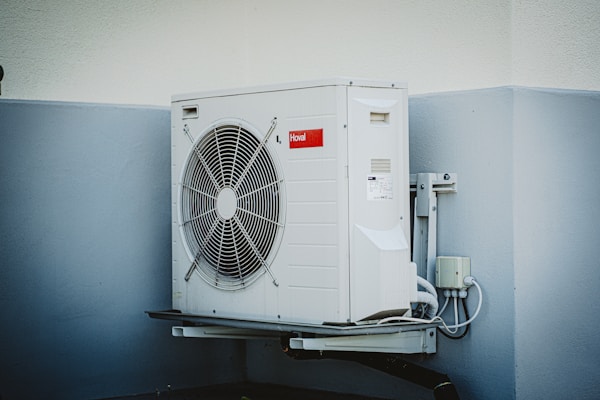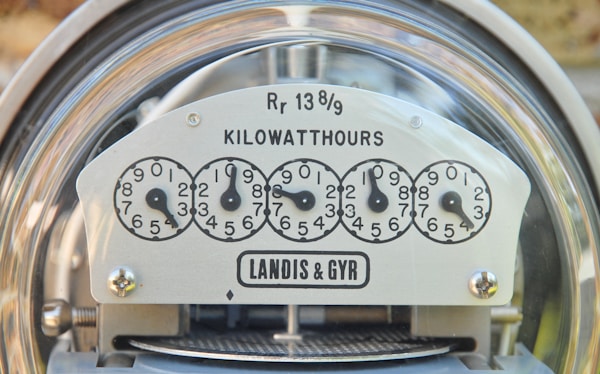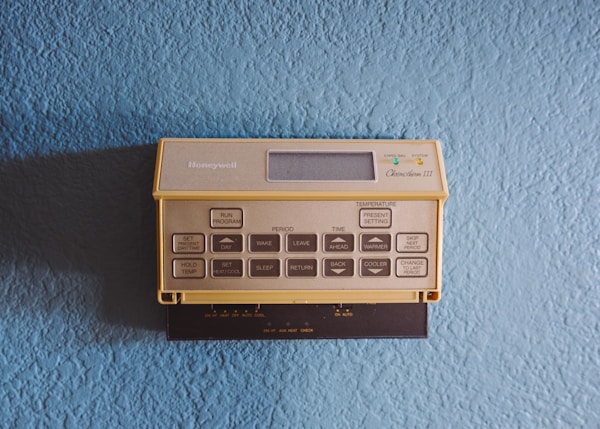As the weather gets warmer, you'll be relying on your air conditioner more and more to keep your home cool and comfortable. But what happens when your AC starts acting up? It's imperative that you get it checked out as soon as possible.
One potential problem could be a malfunctioning AC capacitor. The AC capacitor is a component within the outdoor condensing unit of an air conditioner or heat pump. It delivers power to the motor driving the air conditioning system. The capacitor delivers an initial energy burst to turn the system on when it's time for a cooling cycle.
If your capacitor is malfunctioning, you'll need to have it replaced in order to keep your AC running. Fortunately, an AC capacitor cost is relatively low compared to some other parts of your equipment. Keep reading to learn more about the signs that your capacitor is malfunctioning.
Humming Noise

One of the common signs that you might have a failing capacitor is a strange sound coming from your outside unit. When the unit comes on, you can listen to your AC system. Under normal circumstances, your equipment will make some noise. However, if you hear a humming noise from your equipment or if it has difficulty starting, a failing capacitor could be to blame. If you experience this frequently, it might be time to contact an HVAC professional.
Higher Than Normal Energy Bills

In general, your energy bills will fluctuate with seasonal changes. However, if your energy bills are suddenly higher than normal, your AC capacitor may be malfunctioning. The capacitor is a key piece of AC unit operation, and it helps to start the compressor and keep it running. If the capacitor is damaged or defective, it can cause your AC unit to work harder than it should. As a result, the compressor will use more energy, which can lead to increased utility bills.
If you suspect that your AC capacitor is the cause of your higher energy bills, you should contact a qualified AC repair technician to diagnose the problem and recommend a solution.
AC Short Cycling
Short cycling is one of the signs that your AC capacitor is on the fritz. This occurs when the capacitor is not able to store enough energy to keep the AC unit running. When this happens, it will cause your unit to cycle on and off repeatedly. This can damage the AC unit and shorten its lifespan. While a failing capacitor can be the cause of short cycling, it can also be the result of other problems, such as a faulty compressor or a dirty air filter. If you notice that your AC unit is short cycling, you should contact a professional to diagnose the problem and find a solution.
System Failure

Complete failure is a clear sign of an issue with the air conditioning system and likely involves the capacitor. You can remove the side panel for a better look. For these situations, it's usually best to have a professional replace the capacitor. You can double-check the voltage before you call a professional to provide them with detailed information. From there, they'll be able to assess the situation and determine the best course of action.
There are a few signs that your AC capacitor may be malfunctioning. If you notice that your AC is taking longer than usual to start up or if it seems to be struggling to keep running, these could be signs that the capacitor is not working properly. Since you likely rely on your AC for indoor comfort, it's important to call a professional AC repair technician as soon as possible to diagnose the problem and replace the capacitor if necessary.






